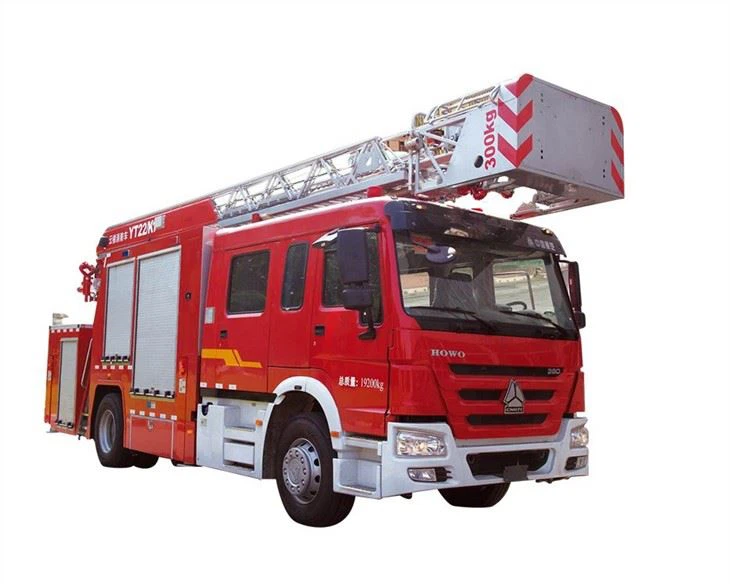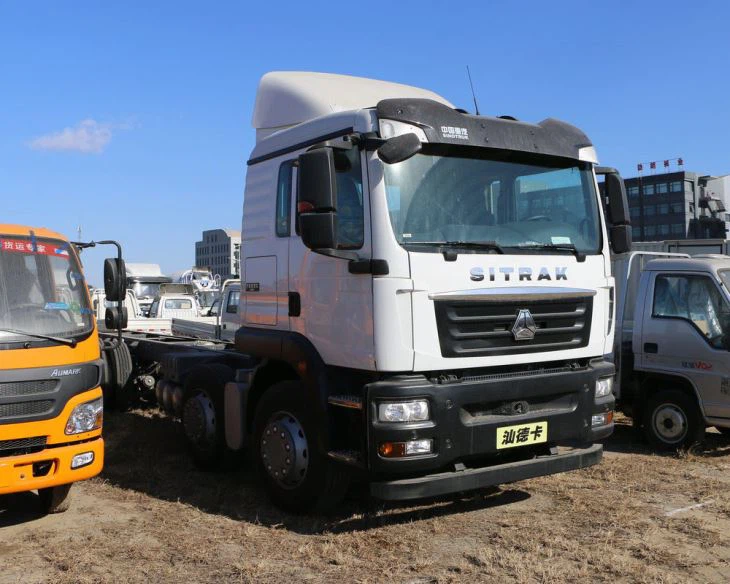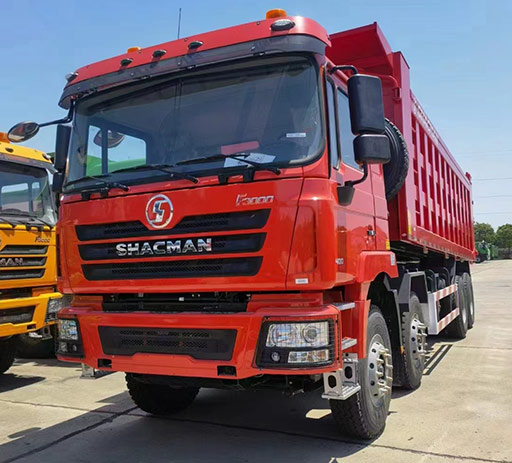The Comprehensive Guide to 18 Ton Trucks: Uses, Specifications, and Tips for Success

When it comes to heavy-duty transportation, the 18 ton truck stands out as an essential vehicle in various industries. Known for its versatile range and ability to carry significant loads, this type of truck is vital for logistics, construction, and more. In this article, we will explore everything you need to know about 18 ton trucks, including their specifications, advantages, operational tips, and practical examples.
What is an 18 Ton Truck?

An 18 ton truck, commonly referred to in the transport industry, is a vehicle designed to carry a gross weight of up to 18 metric tonnes (approximately 39,600 pounds). These trucks come in various configurations, making them adaptable for a multitude of purposes.
Common Applications of 18 Ton Trucks
1. Logistics and Freight Transport
18 ton trucks are widely used in logistics due to their ability to transport substantial cargo efficiently. They are ideal for regional deliveries and can navigate tree-lined streets and urban areas without difficulty.
2. Construction Industry
In the construction realm, these trucks are essential for transporting heavy materials like cement, bricks, and wood. Their loading capacity makes them perfect for on-site deliveries.
3. Moving and Hauling
For moving companies, 18 ton trucks provide an excellent solution for residential and commercial moves. They offer ample space for furniture, appliances, and other bulky items.
4. Waste Management
Used in waste management services, 18 ton trucks are capable of carrying large waste containers, making them efficient for municipal garbage collection.
Specifications of an 18 Ton Truck
Payload Capacity
The payload capacity of an 18 ton truck is usually around 10 to 12 tons, depending on the model and its configuration. This means it can carry a maximum load of 10,000 to 12,000 kilograms.
Engine Size and Power
Most 18 ton trucks are equipped with engines ranging from 4 to 7 liters, offering between 150 to 300 horsepower. The engine’s power directly influences the truck’s ability to haul heavy loads and navigate challenging terrain.
Dimensions
| Dimension Type | Specification |
|---|---|
| Length | Approximately 7 to 9 meters |
| Width | About 2.5 meters |
| Height | Around 3.5 meters |
Fuel Efficiency
Fuel efficiency varies with different models but generally ranges from 6 to 10 kilometers per liter. Factors such as load weight and driving conditions can impact these numbers.
Advantages of Using an 18 Ton Truck
1. Versatility
18 ton trucks are versatile, suitable for transporting a variety of goods across different industries. Their adaptability makes them a popular choice among business owners.
2. Cost-Effective
By allowing more goods to be transported in a single trip, 18 ton trucks help reduce overall transportation costs. The ability to carry heavy loads also means fewer trips are required compared to lighter vehicles.
3. Improved Load Security
With a larger cargo area, these trucks can accommodate diverse types of loads securely, preventing damage during transit.
4. Enhanced Road Stability
The design of 18 ton trucks provides better stability on the road, making them safer to drive, especially when loaded.

Tips for Operating an 18 Ton Truck
1. Regular Maintenance
Ensuring regular maintenance of the truck, including oil changes and brake inspections, helps keep the vehicle in optimal condition and prolongs its lifespan.
2. Load Management
Always adhere to the specified payload capacity. Overloading can lead to accidents or vehicle damage. Use appropriate load distribution techniques to maintain balance.
3. Driving Technique
Driving an 18 ton truck requires careful consideration. Avoid sudden acceleration and braking to ensure a smooth ride and prevent cargo shifting.
4. Route Planning
Plan your routes carefully, considering weight limits on bridges and roads, roadworks, and traffic conditions to ensure safer and more efficient travel.
Choosing the Right 18 Ton Truck
1. Assessing Your Needs
Before purchasing or renting an 18 ton truck, assess your specific needs. Consider the type of materials you will transport and your usual cargo weight.
2. Researching Brands and Models
Different manufacturers offer various features and benefits. Research brands for reliability, customer service, and available warranties.
3. Test Driving
Always perform a test drive. Evaluate truck comfort, handling, and visibility, ensuring it meets your expectations for usability.
4. Comparing Costs
Compare prices between different sellers but consider the long-term value instead of just upfront cost. A reliable truck may result in more significant savings over time through lower maintenance costs.
Leasing vs. Buying an 18 Ton Truck
1. Pros of Leasing
Leasing offers lower upfront costs and allows businesses to upgrade to newer models without purchasing them. This can be beneficial for companies needing flexibility.
2. Cons of Leasing

Leasing contracts often come with mileage limitations, and you won’t own the truck at the end of the lease term, which may not be economically favorable in the long run.
3. Pros of Buying
Owning an 18 ton truck allows for complete control over its use without restrictions, and you can build equity in the vehicle.
4. Cons of Buying
Higher upfront costs and maintenance responsibilities fall solely on the owner, which can strain smaller businesses financially.
Safety Considerations for 18 Ton Trucks
1. Pre-Trip Inspections
Conduct thorough pre-trip inspections. Check brakes, lights, tires, and fluid levels to ensure the vehicle is roadworthy.
2. Proper Use of Safety Equipment
Always make use of seat belts and encourage passengers to do the same. Equip the truck with necessary safety gear, such as fire extinguishers and first-aid kits.
3. Training and Compliance
Ensure that all drivers are adequately trained and understand compliance regulations, including weight limits and hazardous material transport laws.
Frequently Asked Questions (FAQ)
1. What is the maximum payload for an 18 ton truck?
The maximum payload generally ranges from 10 to 12 tons, depending on the truck’s specifications and configuration.
2. Can I drive an 18 ton truck with a regular driver’s license?
In many regions, a special commercial driver’s license is required to operate vehicles over a certain weight limit, which typically includes 18 ton trucks.
3. How much does an 18 ton truck cost?
The price can vary significantly based on the brand, model, and condition (new or used), typically ranging from $40,000 to $100,000 or more.
4. What types of engine options are available for 18 ton trucks?
Engine options range from 4 to 7 liters, with horsepower ranging from 150 to 300, allowing for varied performance based on specific needs.
5. What should I look for in a used 18 ton truck?
When purchasing a used truck, check for its maintenance history, condition, mileage, and ensure a thorough inspection is done to assess its overall reliability.
6. Are there any environmental considerations for 18 ton trucks?
Yes, many regions have regulations regarding emissions, and purchasing trucks that comply with standards can help minimize environmental impact and promote sustainability.
